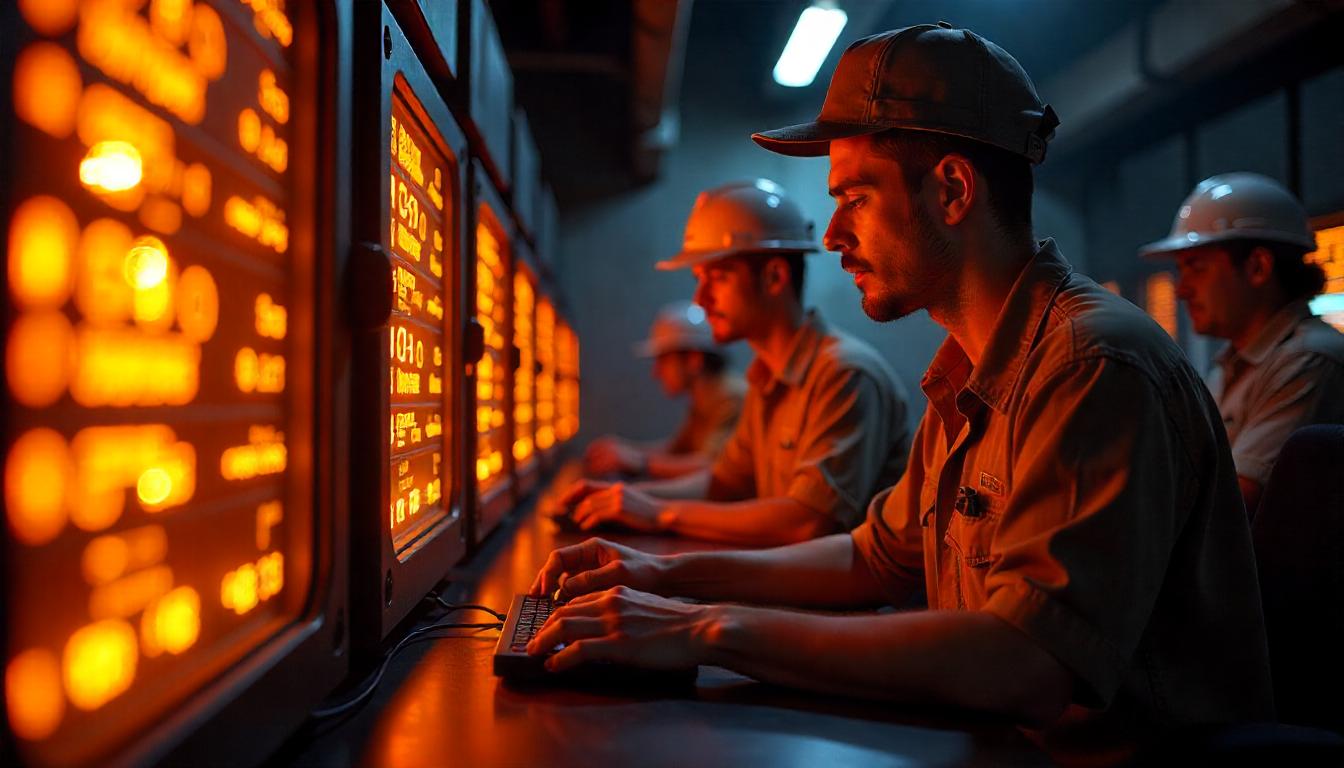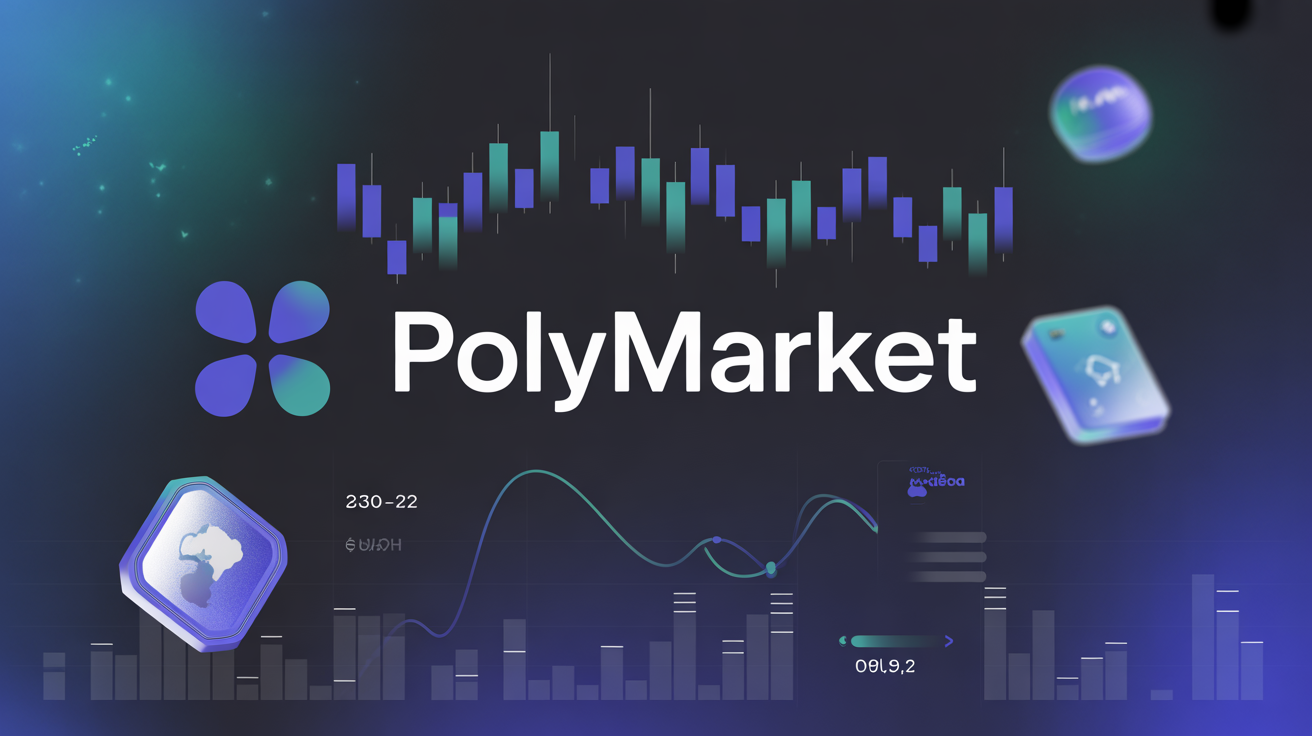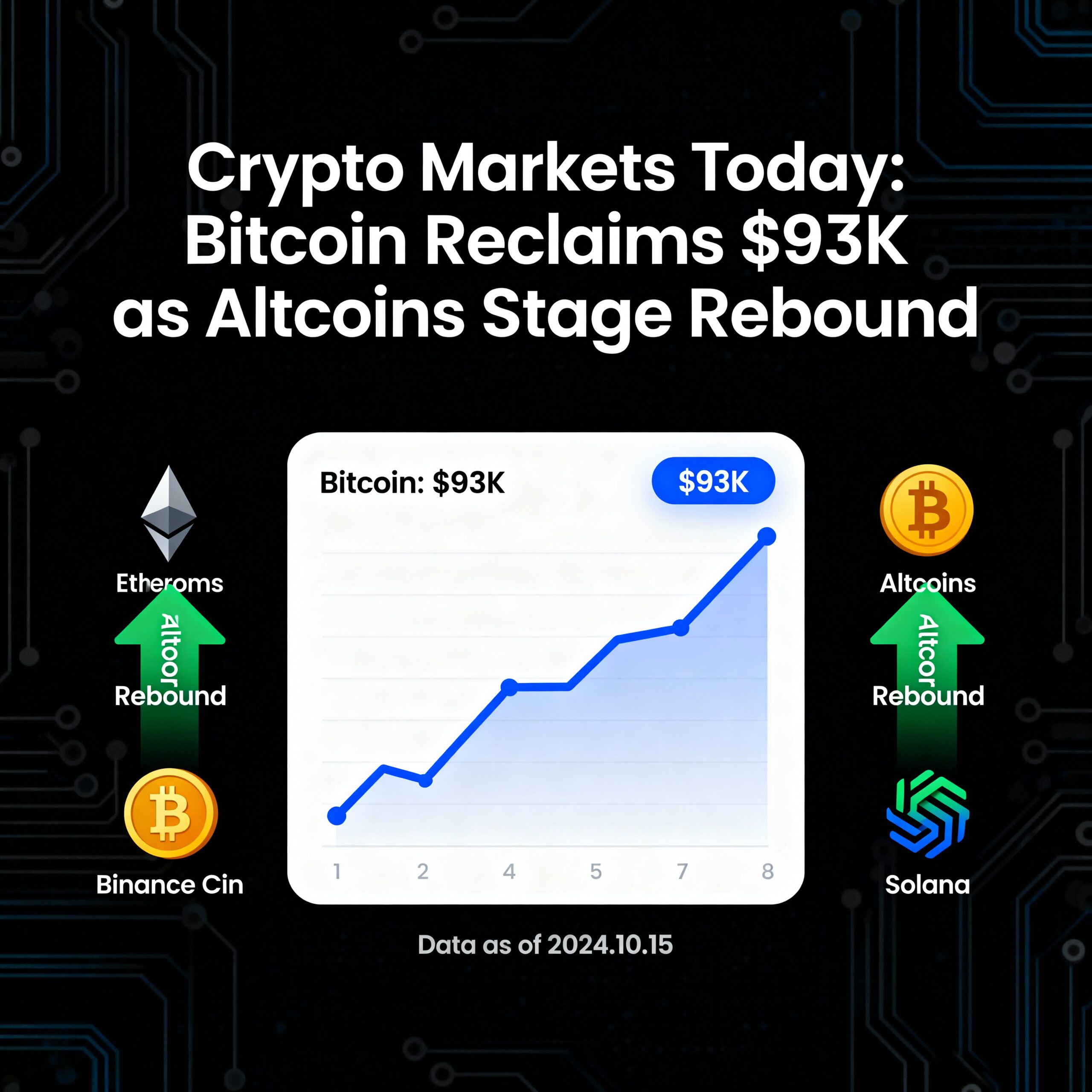Bitcoin mining continues to see significant developments as the network’s hashrate soars and mining difficulty heads for its fifth consecutive increase. Publicly traded Bitcoin miners are on track to reach a combined market capitalization of nearly $40 billion, a substantial growth from around $20 billion in April, according to Farside data. This impressive rise in market value is fueled by Bitcoin’s record-breaking price surge, which has brought the cryptocurrency near the $96,000 mark, sparking renewed interest in the mining sector.
Despite Bitcoin’s price surge, miners are facing a range of challenges. In April, the reward for confirming Bitcoin blocks was halved, reducing the daily number of Bitcoin mined by 50%. This has meant that only 450 BTC are being mined each day, with fees paid to miners hovering at cycle lows. On November 27, miner fees amounted to just 10 BTC, roughly $946,000 according to Glassnode. Miners are now under pressure to find ways to generate more revenue or cut operational costs in order to maintain profitability.
In addition to these difficulties, mining difficulty is set to increase by approximately 3% in the next few days, further complicating the task for miners. Bitcoin’s mining difficulty, which adjusts every 2016 blocks (roughly every two weeks), already stands well above 1 trillion, making it more challenging and costly to mine new blocks. The rising difficulty is a direct result of the increasing hashrate, which has been consistently above 700 exahash per second (EH/s) for more than a month, with a seven-day moving average currently at 726 EH/s, according to Glassnode.
Many Bitcoin miners are responding to these challenges by diversifying their operations. A growing number are pivoting into high-performance computing (HPC) and artificial intelligence (AI), which require vast amounts of computational power. Companies like IREN (IREN) have benefited from the booming AI market, with their stock price surging by 30% on Wednesday as a result of increased interest in the sector.
Others, like Marathon Digital Holdings (MARA), are opting to increase their Bitcoin holdings. Marathon raised $1 billion via a zero-interest convertible note and used the funds to purchase an additional 703 BTC. The company now holds a total of 34,794 BTC, positioning it for continued growth despite the rising difficulty.
The CoinShares Valkyrie Bitcoin Miners ETF, a key indicator of the sector’s performance, has gained 60% year-to-date, although it still lags behind Bitcoin’s impressive 113% rise during the same period. As mining difficulty continues to increase, Bitcoin miners will need to innovate and adapt to stay competitive and profitable in this evolving market.





